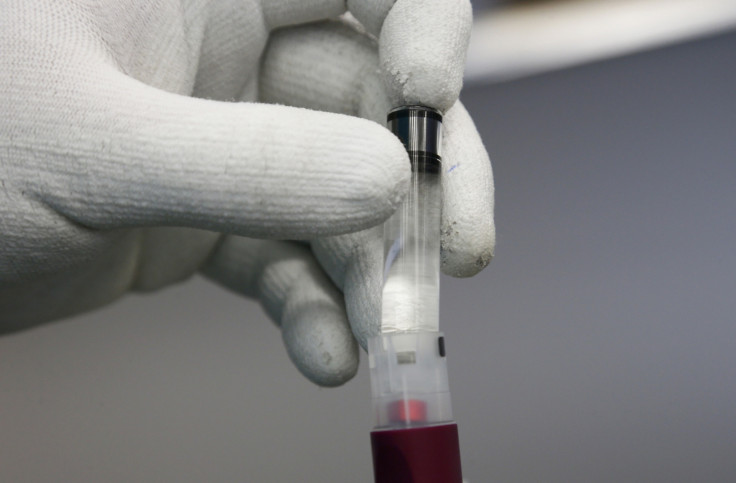Novo Nordisk drug helps people lose weight

An injectable drug from Novo Nordisk, which was approved by the US last year, has helped obese people lose almost 8kgs of weight, according to a year-long study.
The weight loss is significant as even a 5 to 10% loss can make medical issues manageable, say experts. However, they indicated more studies will be needed to address the side-effects of the drug that including gastrointestinal distress, gallstones and a slight increase in breast cancer risk.
Researchers also said it was possible that the weight loss merely enabled more tumours to be found.
Liraglutide, marketed as Saxenda helped keep patients from gaining weight during a 56-week study on the drug.
The findings have been published in the New England Journal of Medicine. The trial was conducted at 191 sites in 27 countries including Europe, North America, South America, Asia, Africa and Australia, reports AFP.
All the patients, who were above 18 years of age, had a body mass index of 30 or higher.
The trial on the 3,731 people was double-blind, with neither patients nor doctors knowing who was given the drug or the placebo.
Those who received the drug were given a higher dose (3mg) than is prescribed for diabetes patients (1.8mg).
People given the drug averaged about three times more weight loss than the placebo group.
Kevin Williams, chief of endocrinology, diabetes and metabolism at Temple University Health, described the weight loss as "significant".
Obesity is a health challenge seen across the globe with change of lifestyles.
A survey by Association for the Study of Obesity in the UK had recently found more than a third of British adults who are obese think they are merely overweight, while a fifth of those who are overweight believe they are healthy.
The group said that seven out of 10 adults are obese in some parts of the UK and the figure could rise by 2030.
According to UK government estimates, the cost of obesity will rise to £50bn by 2053, placing a heavy strain on the National Health Service.
In the US, a Washington University study recently showed that more than two-thirds of Americans are obese or overweight.
An implant that helps reduce weight by curbing appetite using electrical stimulation of stomach nerves was approved by the FDA for use in some obese people. An experimental group lost 24% of its excess weight or 9% of total body weight after 12 months of using the implant.
© Copyright IBTimes 2025. All rights reserved.





















